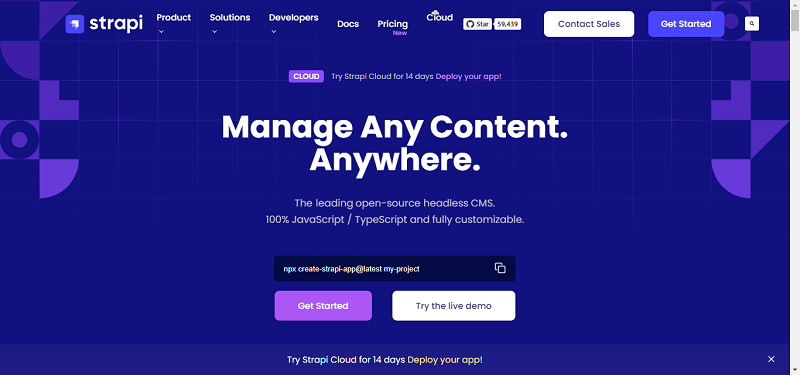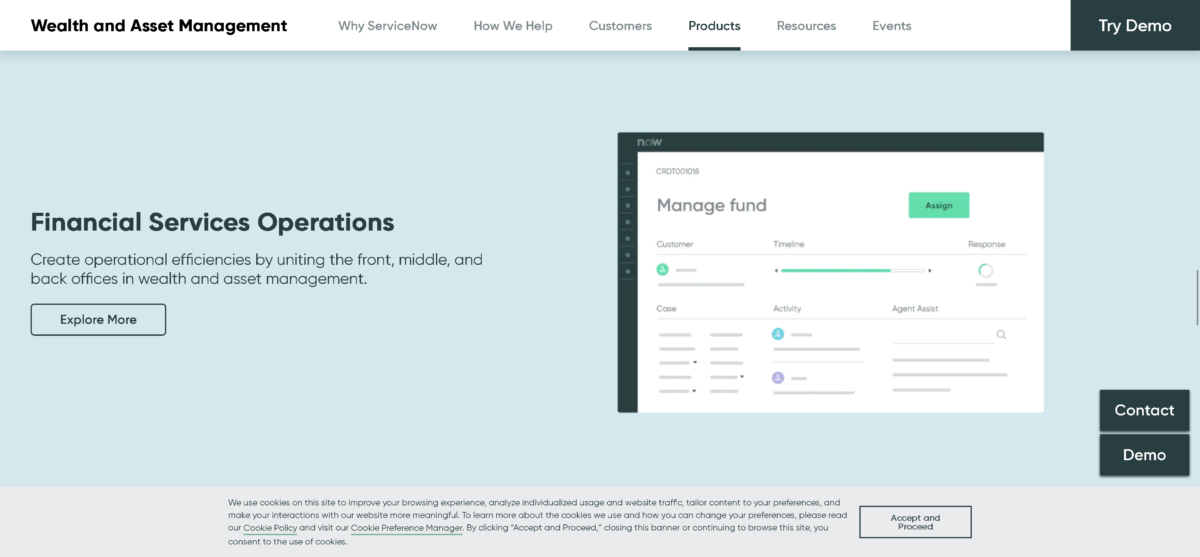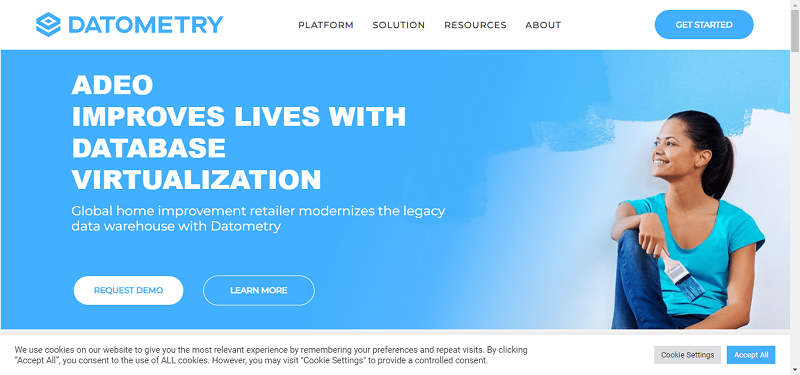I was recently giving a talk to some students when one of them asked me a question I hadn’t heard before. She said “How does the Internet of Things really impact the government? What agency benefits the most from IoT/CPS?” I paused for a moment, it is a great question and deserves a good answer.
My initial response was simple “it vastly improves physical security and extends physical security much further away from buildings using drones and other remote sensors. You can now have a supportable security parameter that is much larger than you could 5 or 6 years ago.”
It was the easy answer. I felt a little guilty for using it, but it was a tough question. But she wasn’t done “I’ve heard that one before, I wonder what the impact of IoT will actually be on the Government.”
I thought back to the articles I had written here on CloudTweaks. The modular drone concept of a few months ago. The Pizza Drone concept, I could see an IRS tax collection drone following people around. The metallic voice blaring “you owe taxes, you owe taxes.”
The huge IoT impact point in the next couple of years will be in the world of data. The production of, consumption of and analysis of data produced by sensors. Many government agencies have already embraced Cyber Physical Systems (IoT) and continue to push further and further into the world of data production, movement and analyses.
I doubt the IRS tax collection drone is coming soon. But I can see canary drones. A canary drone has air sensors built in and can either follow a group of people or lead them. For people doing volcanic research where poisonous gas can appear and poison you, a Canary Drone is a good safety system. We could paint them a bright yellow, just because of the name.
Safety and security wise there are a number of drone features that will be leveraged by government agencies. But beyond that, beyond the sensors we know about today what else is possible? Today I can grab a number of accelerometers and in having access to them remotely use that for ground movement verification. Want to see if somebody set off a nuclear bomb? Have access to all the accelerometers near the site of the test explosion. They will inform you quickly of ardent shaking.
I continued thinking about this. I discarded the espionage opportunities because that isn’t fun and has been beaten to death by television anyway. What else could CPS/IoT devices do for government? The Government’s job is to deliver services to citizens. What IoT/CPS devices actually deliver direct citizen services?
That got me thinking about the expanding world of healthcare devices that are out there. Final answer, government agencies can use IoT/CPS devices to capture more information than they are able to today and in so capturing (storing and analyzing) that data they will be able to improve the quality of the citizen services they deliver.
It’s a good, and true answer. The healthcare information alone will provide massive new insight to how humans react to illness, what happens when a sick co-worker decides to come to work anyway and the other components of the Internet of Illness. Using remote IoT/CPS health sensors will also provide the CDC, NIH and other government agencies with a massive amount of information as to how specific diseases actually move as they spread.
Many agencies created an internet for the many sensors they deployed long before there was an actual internet. The Unlisted States Geological Survey has had an internet of things for many years. Long before people even realized you should let alone could connect remote sensors to central systems. Packet radio networks and satellite connections were the quick way to data to the central processing system. As things get faster, they can deploy more sensors and get an even larger snapshot of geologic events.
The questioner looked at me for a second and smiled. I had answered her question. What government agency will benefit from IoT/CPS, all of them!
By Scott Andersen





